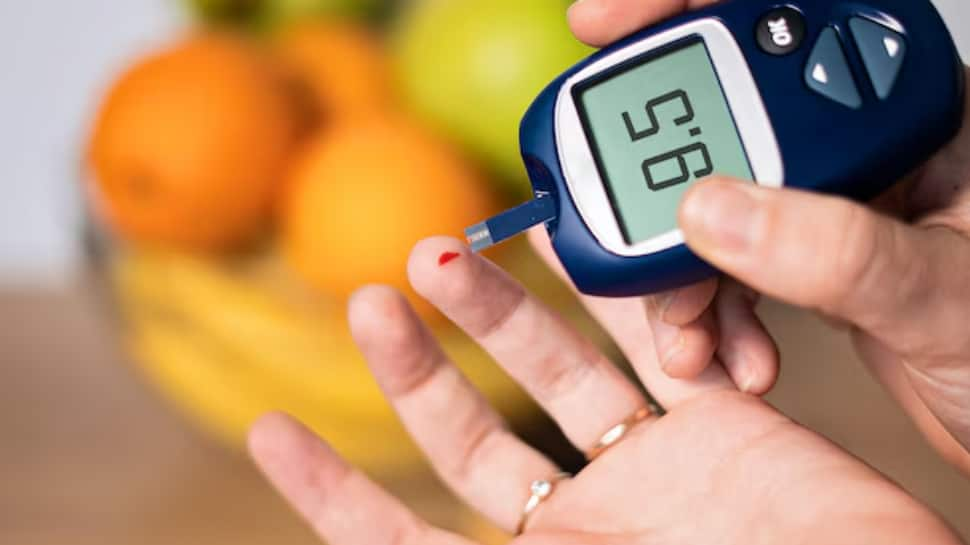New Delhi: People with Type 2 obesity-driven diabetes tend to have more aggressive breast cancers. A new study showed that blood factors drive breast cancer aggression.
Researchers at Boston University, US, showed that tiny particles in the blood — known as exosomes — get altered by diabetes. These exosomes can reprogramme immune cells inside tumours, making them weaker and allowing the cancer to grow and spread more easily.
“Breast cancer is already challenging to treat, and people with type 2 diabetes have worse outcomes, but clinicians don’t fully understand why,” said corresponding author Gerald Denis, Professor at BU.
“Our study reveals one possible reason: diabetes changes the way the immune system works inside tumours. This could help explain why current treatments, like immunotherapy, don’t work as well in patients with diabetes. Knowing this opens the door to better, more personalised treatments for millions of people,” Denis added.
In the study, researchers used tumour samples from breast cancer patients to grow 3D tumour models in the lab.
Known as patient-derived organoids, these models contain the immune cells originally found in the tumour. These mini tumours were treated with blood exosomes from people with and without diabetes, but also without any cancer.
Then, researchers analysed the organoids using single-cell RNA sequencing to see how the exosomes affected the immune cells and the tumour itself.
ALSO READ | 7 Daily Habits That Are Secretly Clogging Your Pores And Giving You Pimples
“This is the first study to directly link exosomes from people with type 2 diabetes to suppressed immune activity inside human breast tumors,” Denis said.
The patient-derived organoid system is the first to preserve original immune cells from human tumours, letting scientists study tumour-immune interactions in a lab setting that closely mimics real life.
In addition to breast cancer, this study may also be relevant to other cancers affected by immune suppression and metabolic disease.


